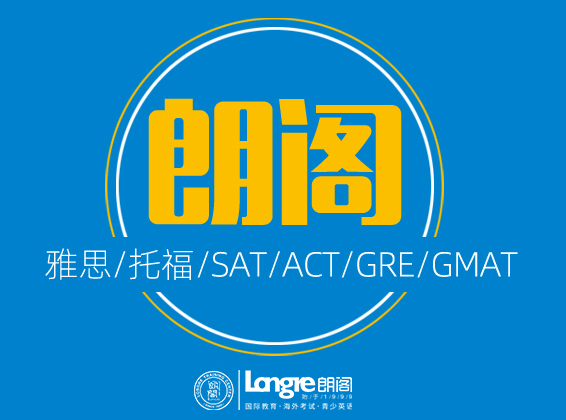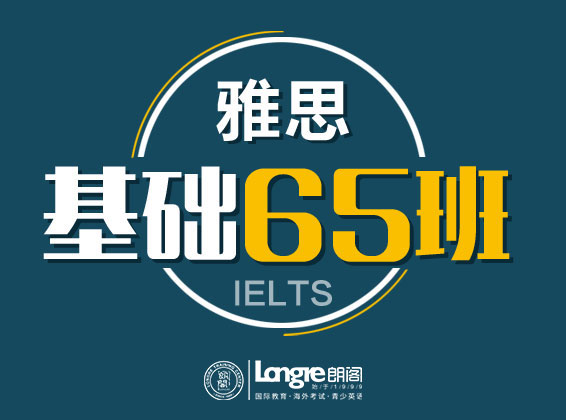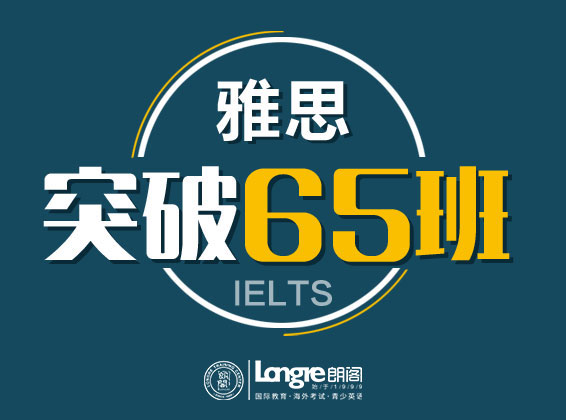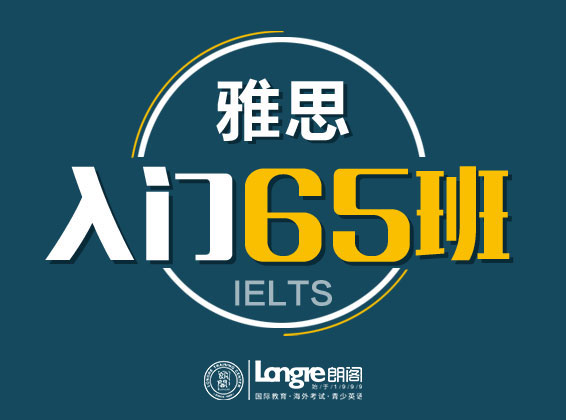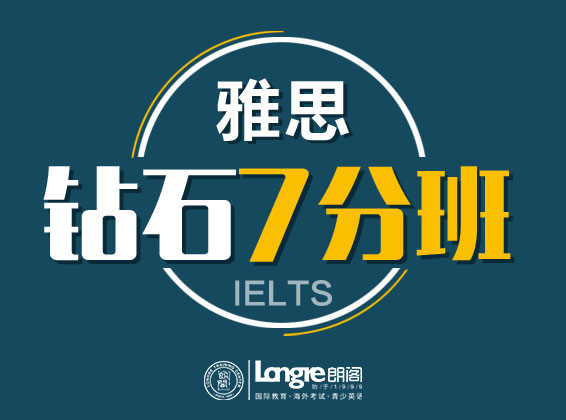|
今天小编带大家回顾一下8月28日的雅思阅读考题,本周六即将考试的同学可以多看看哦,雅思阅读备考上有困难的同学随时欢迎了解朗阁的雅思阅读课程哦。 P1 食物保存 P2 艺术 P3 加拿大双语教学 朗阁讲师点评 1. 本场考试的整体稍难 2. 整体分析:涉及生物类(P3),艺术类(P2)以及语言类(P1)。 本次考试题型组合均为剑桥真题常规题型组合,难度主要集中在passage 2。 3.部分答案及参考文章: Passage 1 食物保存 文章内容待回忆 题型组合:待回忆 Passage 2:艺术 文章内容待回忆 题型组合:待回忆 Passage 3:加拿大双语教学 参考答案: 27-30 单选 27. C 28. A 29. B 30. D 31-35 总结 31. I 32. D 33. J 34. F 35. C 36-40 判断 36. Y 37. NG 38. N 39. NG 40. Y 参考文章: The significant role of mother tongue in education A One consequence of population mobility is an increasing diversity within schools . To illustrate , in the city of Toronto in Canada ,58% of kindergarten pupils come from homes where English is not the usual language of communication . schools in Europe and North America have experienced this diversity for years , and educational policies and practices vary widely between countries and even within countries . some political parties and groups search for ways to solve the problem of diverse communities and their integration in schools and society . however , they see few positive consequences for the host society and worry that this diversity threatens the identity of the host society . consequently , they promote unfortunate educational policies that will make the “ problem " disappear . if students retain their culture and language , they are viewed less capable of identifying with the mainstream culture and learning the mainstream language of the society . B The challenge for educators and policy - makers is to shape the evolution of national identity in such a way that the rights of all citizens ( including school children ) are respected , and the cultural , linguistic , and economic resources of the nation are maximized . to waste he resources of the nation by discouraging children from developing their mother tongues is quite simply unintelligent from the point of view of national self - interest . A first step in providing an appropriate education for cultural and linguistically diverse children is to examine what the existing research says about the role of children ’ s mother tongue is their educational development . C In fact , the reach is very clear when children continue to develop their abilities in two or more languages throughout their primary school , they gain a deeper understanding of language and how to use it effectively . they have more practice in processing language , especially when they develop literacy in both . more than 150 research studies conducted during the past 35 years strongly support what Goethe , the famous eighteenth - century German philosophy , once said : the person who knows only one language does not truly know that language . Research suggests that bilingual children may also develop more flexibility in their thinking as a result of processing information through two different languages . D The level of development of children ’ smother tongue is a strong predictor of their second language development . Children who come to school with a solid foundation in their mother tongue develop stronger literacy abilities in the school language . when parents and other caregivers ( e.g. grand - parents ) are able to spend time with their children and tell stories or discuss issues with them in a way that develop their mother tongue , children come to school well - prepared to learn the school language and succeeded ineducationally . Children ’ s knowledge and skills transfer across languages from the mother tongue to the school language . Transfer across languages can be two ways : both languages nurture each other when the educational environment permits children access to both languages . E Some educators and parents are suspicious of mother tongue - based teaching programs because they worry that they take time away from the majority language . For example , in a bilingual program where 50% of the time is spent through children ’ s home language and 50%through the majority language , surly children won ’ t progress as far in the latter ? One of the most strongly established findings of educational research , however , is that well - implemented bilingual programs can promote literacy and subject - matter knowledge in a majority language . Within Europe , the Foyer program in Belgium , which develops children ' s speaking and literacy abilities in three languages ( their mother tongue , Dutch and French ), most clearly illustrates the benefits of bilingual and trilingual education ( see Cummins ,2000). F It ’ s easy to understand how this happens . When children are learning through a minority language , they are learning concepts and intellectual skills too . Pupils who know how to tel the time in their mother tongue understand the concept of telling time . In order to tell time in the majority language , they do not need to re - learn the concept . Similarly , at more advanced stages , there is a transfer across languages in other skills such as knowing how to distinguish the main idea from the supporting details of a written passage or a story , and distinguishing fact from opinion . Studies of secondary school pupils are providing interesting findings in this area , and it would be worth extending this research . G Many people marvel at how quickly bilingual children seem to “ pick up ” conversation skills in the majority language at school (also it takes much longer for them to catch up with native speakers in academic language skills). However , educators are often much less aware of how quickly children can loss their ability to use their mother tongue , even in the home context . The extent and rapidity of language loss will vary according to the concentration of families from a particular linguistic group in their neighborhood . Where the mother tongue idea used extensively in the communities are not concentrated in particular neighborhoods , children can lose their ability to communicate in their mother tongue within 2-3 years of starting school . They may retain receptive skills in the language but they will use the majority language in speaking with their peers and siblings and in responding to their parents . By the time children become adolescents ,he linguistic division between parents and children has become an emotional states. 考试建议 1. 本场考试话题类型多样,整体文章较难,难度主要集中在passage 2。考生在做题时需要重点关注相关出题句的理解,尽量避免其他非考点信息的影响。选择类的题目比较难定位的时候适当结合排除法做题,在相对精准的出题范围内找到相关同义转换即为答案。同义转换是每个题型的考查重点,平时刷题时务必要坚持积累。篇章题型组合做题顺序同样要注意分析清楚,保证做题思路清晰。 2. 下场考试的话题可能有关教育类和生物类。 3. 重点浏览2014到2018年机经。 (责任编辑:jasmine) |
文中图片素材来源网络,如有侵权请联系删除


